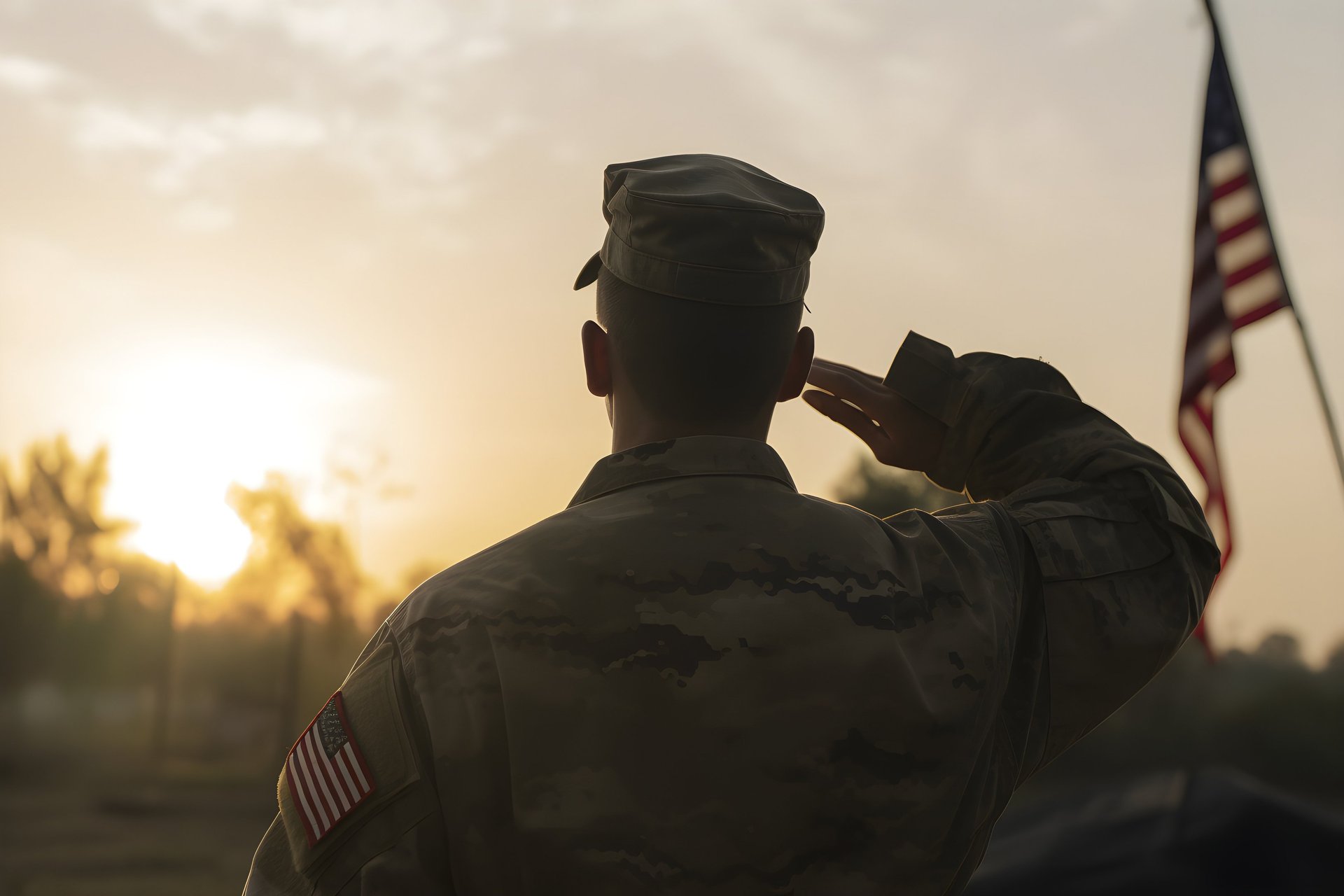
Creating Change Locally: The Benefits of Veteran-Directed Community Programs
3/1/20242 min read


Veteran-directed community programs play a crucial role in addressing the unique challenges veterans face while fostering positive social change. These initiatives are designed not only to support veterans but also to uplift entire communities by leveraging the experience, leadership, and skills of veterans who are intimately familiar with the challenges of transitioning to civilian life.
Here are some of the key benefits:
1. Empowerment and Leadership Opportunities
Veterans who lead community programs bring a wealth of leadership experience from their military service, and these programs provide an outlet for them to continue to serve their communities. Leading or participating in these initiatives helps veterans regain a sense of purpose and belonging, reducing isolation and promoting mental well-being. Many veterans who have struggled with civilian reintegration find a renewed sense of worth in creating positive impacts locally. Programs like the Veteran Peer Support Networks help veterans utilize their own lived experiences to support others, creating a cycle of empowerment within the community.
2. Tailored Support for Veterans
Veteran-directed programs understand the specific needs of the population they serve. They are uniquely equipped to provide relevant services, such as counseling, job training, and housing assistance, that are informed by the lived experiences of veterans. These programs also emphasize the value of peer support, where veterans are more likely to connect with and trust someone who understands their challenges. Examples like the Veterans Community Outreach Program and The Mission Continues illustrate how veteran leadership can shape more effective community support systems.
3. Community Resilience and Strength
When veterans lead or engage in local community programs, they help strengthen bonds between civilians and the veteran population. This can reduce stigma and foster understanding and appreciation for military service. Programs that involve veterans often focus on enhancing community engagement through volunteerism, mentorship, and leadership, which ultimately results in stronger, more connected neighborhoods. Whether through providing disaster relief, youth mentorship, or local environmental initiatives, veteran-led programs contribute to building a more resilient and collaborative society.
4. Job Creation and Economic Growth
By developing and running veteran-directed programs, veterans create jobs for themselves and others in their community. These programs often involve local partnerships with businesses, government agencies, and nonprofits, which can lead to long-term economic growth. Veterans leading businesses and projects within their communities are better positioned to create sustainable, locally-rooted solutions that benefit both the veteran population and civilians. Programs like The US Veterans Business Alliance support veterans as they transition into entrepreneurship, fostering local economic development.
5. Increased Awareness and Advocacy
Veteran-directed community programs also serve as advocacy platforms to address broader systemic issues affecting veterans, such as homelessness, mental health, and employment. By sharing their stories and experiences, veterans can drive local policy changes and advocate for additional resources or services tailored to their needs. Initiatives like Veterans for Peace help raise awareness of social justice issues through grassroots efforts led by those with military experience, resulting in a powerful, authentic voice for veterans’ rights.
In conclusion, veteran-directed community programs not only serve the immediate needs of veterans but also contribute to the broader social fabric. By empowering veterans to take leadership roles, these initiatives build stronger, more resilient communities while offering veterans the opportunity to continue serving in a meaningful way.

Headquarters:
980 9th Street, #780, Sacramento, CA 95814
916-604-8067
info@legacyveterans.org


Los Angeles Office
1100 Glendon Ave, #580, Los Angeles, CA 90024
213-260-1719
Houston Office:
11757 Katy Fwy, #990, Houston, TX 77079
713-832-1350
